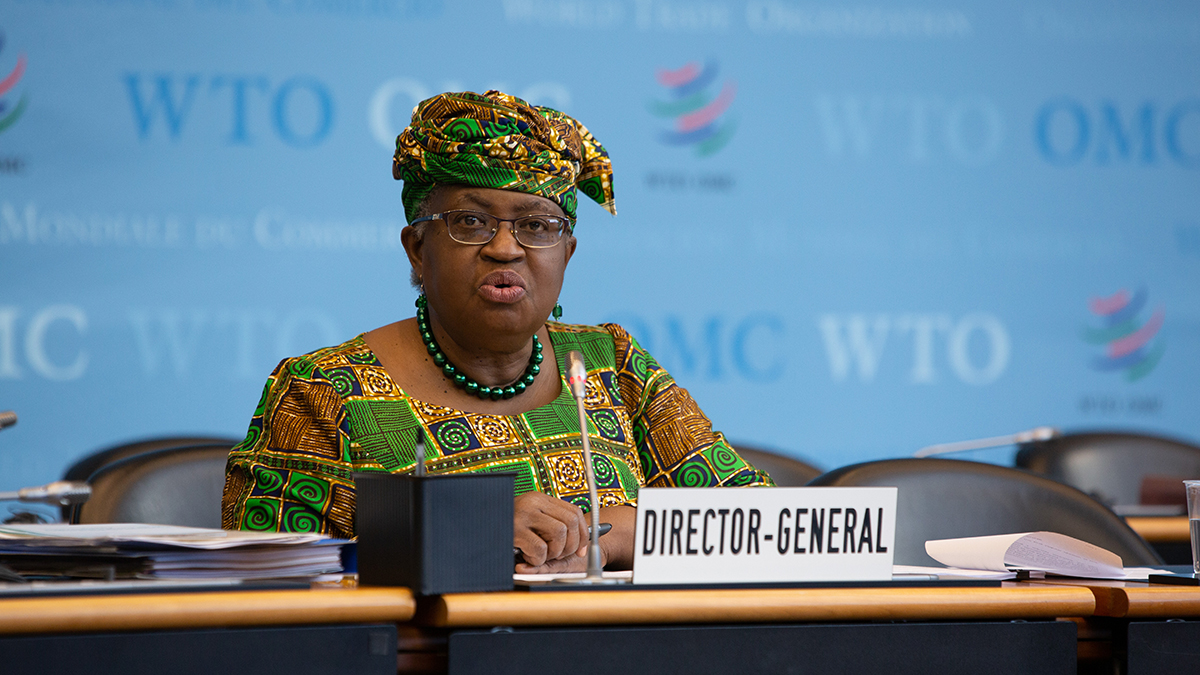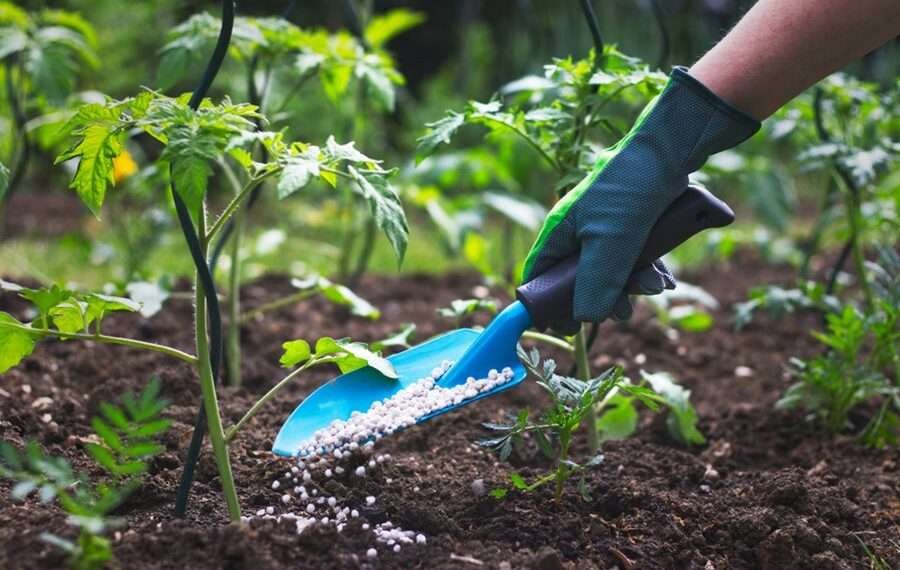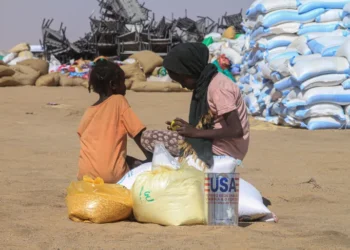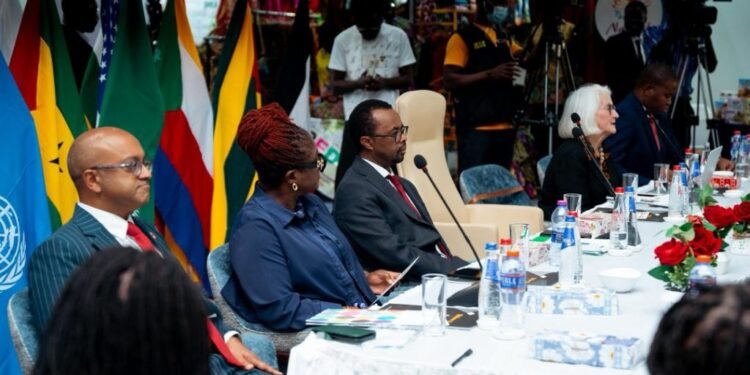A new study that looked into the current volatility in the fertilizers market and its impact on agricultural production has called for urgent action to address the fertilizer crisis.
The study issued today, November 14, 2022, by the WTO and the UN Food and Agriculture Organization (FAO) outlined policy recommendations for G20 governments, highlighting the importance of keeping the fertilizer market open to meet global demand and to avoid a food availability crisis.
Factors such as the war in Ukraine, high inflation, supply chain disruptions and the global economic downturn have led to soaring prices for fertilizers and agricultural products, resulting in limited availability in many countries.
The study titled “Global fertilizer markets and policies: a joint FAO/WTO mapping exercise”, predicted that shortages in fertilizers will likely persist into 2023, threatening agricultural production and food security in Africa in particular, where farmers are heavily dependent on imported agricultural inputs.
The study also looked at the measures adopted by WTO members in relation to fertilizers between 1st January 2021 and 15th October 2022 and their impact on the global fertilizers market.
The study showed 19 WTO members introduced 41 fertilizer-related measures during this period, with 75% of them in the form of trade policy measures. Export-restrictive measures accounted for as much as 41% of all fertilizer-related measures while increased tariffs and domestic subsidies have placed further upward pressure on international fertilizer prices, especially since late 2021, the study found.
The study also urged G20 governments to deploy all policy measures available to deal with the fertilizer crisis, underlining the need to make “every effort” to keep trade in fertilizers open so that supplies reach the countries in most need of them.
The study recommended, in particular, that G20 governments keep food, feed and fertilizer markets open and minimize disruptions to trade in fertilizers, including refraining from export restrictions inconsistent with WTO rules.
Need to ensure access to fertilizers for the most vulnerable countries
The report stressed the need to ensure access to fertilizers for the most vulnerable countries, including through mobilizing international financial support and leveraging risk management tools, such as fertilizer contract swaps to hedge against extreme price volatility.
In addition, it underlined the need to increase market and policy transparency, through G20 members’ timely and complete notifications of trade measures to the WTO and enhanced data and policy monitoring at the FAO and through the G20 Agriculture Market Information System (AMIS).
Finally, the study recommended improving soil fertility and accelerating innovation for more efficient use of fertilizers, with greater use of precision farming practices, reducing fertilizer subsidies and promoting sustainable and resilient food systems.
The 28th WTO Trade Monitoring Report on G20 trade measures, also released today, showed that G20 economies introduced export restrictions at an increased pace, particularly on food and fertilizer, between mid-May and mid-October 2022.

This was in a context of economic uncertainty exacerbated by the COVID-19 pandemic, the war in Ukraine and the food security crisis.
WTO Director-General, Ngozi Okonjo-Iweala, has therefore, called on G20 countries and all WTO members to refrain from adopting new trade-restrictive measures that can further contribute to a worsening of the global economic outlook.
“While some trade-restrictive measures have been lifted by G20 countries, the report indicates that the trend has been going in the wrong direction. Export restrictions contribute to shortages, price volatility, and uncertainty. G20 economies must build on their collective pledges from the 12th Ministerial Conference and demonstrate leadership to keep markets open and predictable, so that food and fertilizer in particular can flow to where they are needed.”
WTO Director-General Ngozi Okonjo-Iweala
As of mid-October 2022, WTO members still had in place 52 export restrictions on food, feed and fertilizers, in addition to 27 export restrictions on products essential to combat COVID-19. Of these, 44% of the export restrictions on food, feed and fertilizers, and 63% of the pandemic-related export restrictions, were maintained by G20 economies.
READ ALSO: Coach Otto Addo Announces Final Squad For 2022 FIFA World Cup






















